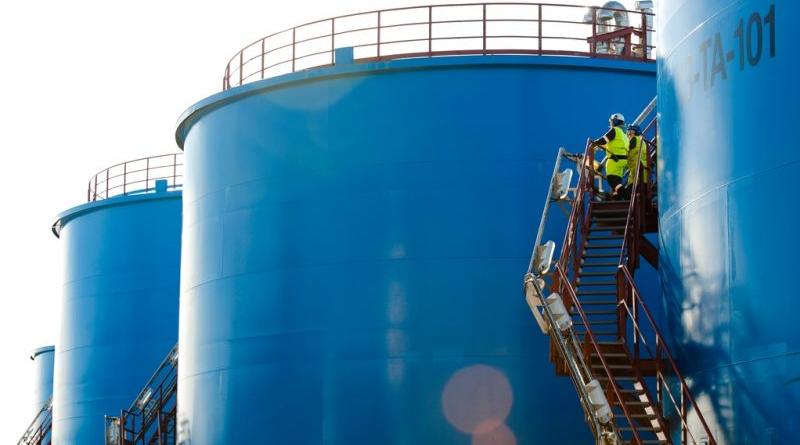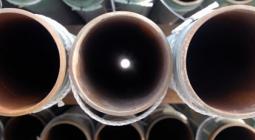No future for gas without greening as soon as possible.

In the search for alternatives to fossil fuels, gas as an energy vector has the capacity to play a decisive role. To do this, it is absolutely necessary to green our gas as much as possible, writes Jean-François Carenco.
Jean-François Carenco is President of French energy regulator, the Commission de Régulation de l’Energie (CRE).
The worrying news on the climate change front requires us to commit ourselves resolutely to reducing the environmental footprint of our societies. This requires first and foremost a reduction in greenhouse gas emissions from energy consumption. The challenge before us is daunting because energy has always been an essential factor in economic progress and social cohesion. It is now necessary to act on all the components of our energy system in order to move towards greater sobriety and the implementation of a “decarbonised” energy supply.
In the essential search for alternatives to fossil fuels, gas has the capacity to play a decisive role.
Natural gas now represents one fifth of the final energy consumed in France, making it a pillar of our energy system. This situation is shared by most European Union countries where gas covers a very large part of the heating needs of both industry and households sectors. In recent decades, Europe has thus developed gas infrastructures that largely irrigate our territories.
We can make these infrastructures an asset for the energy transition, and this is an idea shared by all European regulators. Gas infrastructure can contribute to making gas a vector for the development of renewable energies as a complement to electricity, it is the duty of regulatory authorities to make this possible. To do this, it is absolutely necessary to green our gas as much as possible: this is an essential question.
Seen as hypothetical a short while ago, greening gas is more and more a solution. Production techniques have made considerable progress, making it possible to envisage large-scale developments. Not all sectors are at the same stage of maturity, but we believe it is essential to promote research and development without discrimination in order to identify breakthrough technologies and viable models over the long term. In this respect, at CRE, we have organized a reflection among the best French experts within our “Prospective Committee” in order to draw perspectives for the development of synthetic gases.
First, the production of biogas by methanisation, from organic material, is experiencing strong growth. Although it still requires significant public financial support, the prospects for improving the competitiveness of the sector are promising. More generally, the positive impacts in terms of the environment, energy independence, waste management and market opportunities for the agricultural sector are all favourable factors for its promotion. Distribution and transmission system operators are already adapting to this new gas source, which replaces natural gas.
Secondly, the other technologies, power-to-gas or pyro-gasification, are still in an embryonic stage, and we must thus support the research and development efforts of the sector’s stakeholders. In this respect, the CRE is in favour of pilot projects by French operators, while remaining within the scope of network regulation, i.e. a clear separation from gas transmission and distribution activities.
There are still many areas of work, particularly with regard to the mobilisation of biomass resources or the labelling of different production techniques, an important element of the economic model for the actors involved in the sector. Labelling must pave the way for tradable certificate systems that could make a decisive impact on the development of green gases.
Greening gas is neither a matter of fashion nor a wishful thinking, it is a fantastic challenge for the whole life cycle, from production to recycling, from the short circuit to the diversification of the energy mix, to make the energy transition the concrete effort of those who want to improve the world.
Euractiv



